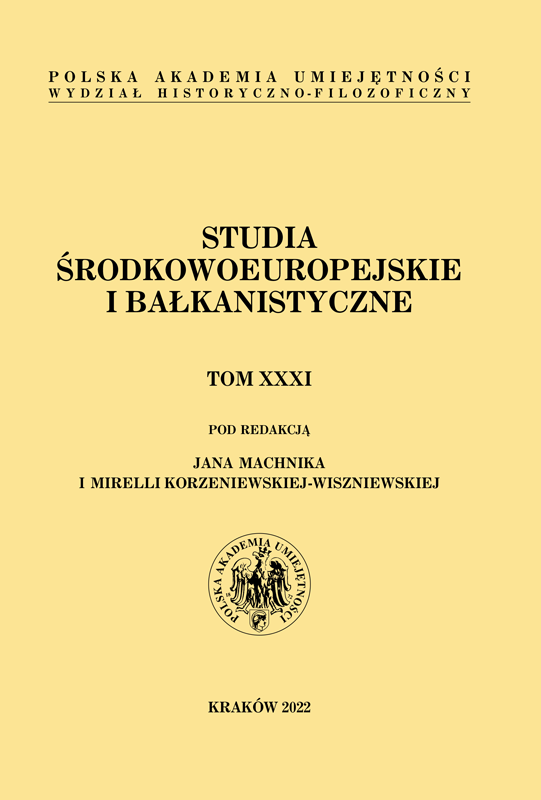Demokratyczne rządy prawa versus klanowo-plemienne prawo zwyczajowe – bałkańskie odniesienia na przykładzie Albanii i Kosowa (wprowadzenie do dalszych analiz)
Democratic Rule of Law Versus Clan-Tribal Custom Law – Balkan References on the Example of Albania and Kosovo (Introduction to Further Analyses)
Author(s): Magdalena Ickiewicz-SawickaSubject(s): History, Law, Constitution, Jurisprudence, Local History / Microhistory, Political history, Social history, Nationalism Studies, Social Norms / Social Control, Sociology of Politics, Sociology of Law
Published by: Wydawnictwo Uniwersytetu Jagiellońskiego
Keywords: clan-tribal culture; democratic rule of law; tribalism; neotribalism; Albanian tribes; common law rules
Summary/Abstract: Statutory law based on the philosophy and doctrine of Roman law is the basic principle of organization, management and functioning of modern state bodies, assuming the form of a democratic state ruled by law. At the same time, the alternative (already existing in antiquity) organization of social life was primeval communities, the identity of which was shaped and sustained by clantribal rules of a hierarchically shaped community. The text consists of four parts. The first one presents the concept of the democratic rule of law (basic assumptions). The second part contains considerations on tribalism and neotribalism, i.e. a return to the idea of clan-tribal communities. The third part, in turn, was devoted to discussing the Albanian tribes being an example of clan-tribal culture in southern Europe, along with empirical research. The last part presents information on Kanunu, Besa, Gjakmarrji – the basic concepts of Albanian customary law. The text includes an introduction and ending as well as relevant literature on the subject.
Journal: Studia Środkowoeuropejskie i Bałkanistyczne
- Issue Year: 2022
- Issue No: 31
- Page Range: 143-158
- Page Count: 16
- Language: Polish

